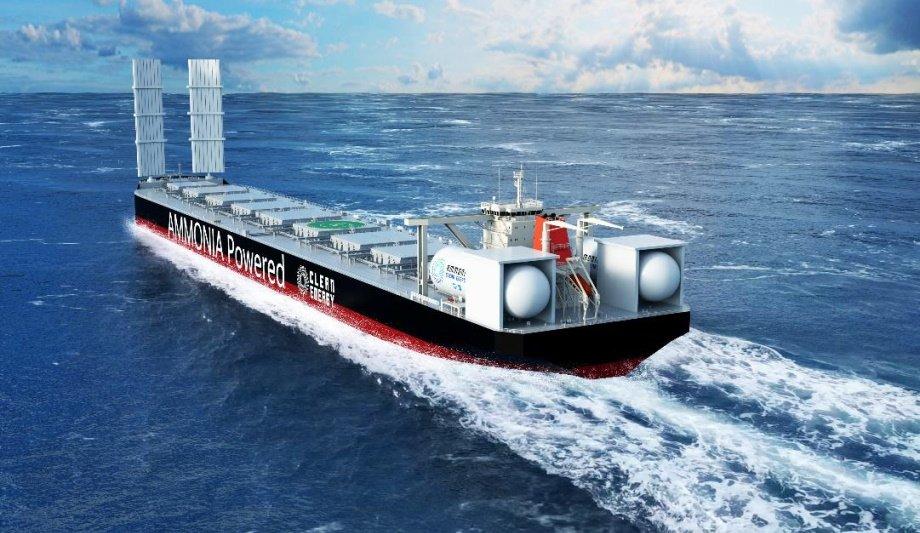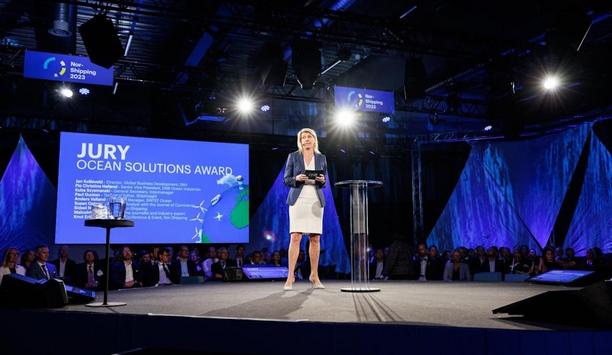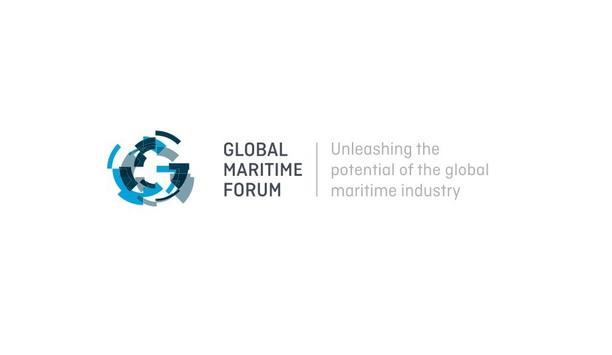Tokyo-based Classification Society, ClassNK has issued an Approval in Principle (AiP) for a large ammonia fuelled 210,000 DWT bulk carrier, which has been jointly developed by Mitsui O.S.K. Lines, Ltd. (MOL) and MITSUI & CO., LTD (MITSUI).
Ammonia is expected to be used as a ship fuel for decarbonisation, since it does not emit CO2 when combusted. Meanwhile, adequate safety measures are imperative, as it has been pointed out that ammonia is toxic to humans and corrosive to materials.
ClassNK issues ‘Guidelines for Ships Using Alternative Fuels’
MOL and MITSUI have jointly determined the size and specifications for the vessel
ClassNK has been involved in projects aiming for zero-emission ships using ammonia fuel in terms of safety assessment, and has issued its ‘Guidelines for Ships Using Alternative Fuels’ as a necessary standard to minimise the risks related to ammonia-fuelled ships for the ships, crews, and environment, by stipulating requirements for installation, controls, and safety devices.
MOL and MITSUI have jointly determined the size and specifications for the vessel, and its design has been entrusted to Mitsubishi Shipbuilding Co., Ltd.
ClassNK carried out the review of this jointly developed design, in line with Part C of its guidelines and issued the AiP on verifying conformity to the prescribed requirements.
Risk assessment (HAZID) to be conducted
In addition, risk assessment (HAZID) will be conducted to confirm that no unacceptable risks exist at the basic design stage and to identify items to be considered in the detailed design.
ClassNK will continue to support those companies as the certification body
ClassNK will continue to support those companies as the certification body and will strive to provide appropriate standards for ammonia-fuelled ships through the expertise gained from the collaboration.
Approval in Principle (AiP)
At the initial stage of designing or before the specific target ship to be implemented is decided, the design is examined based on the existing regulations, such as international conventions and ship classification rules, and an Approval in Principle (AiP) is issued as proof of conformity with requirements.
It also prevents re-work of regulatory aspects in the post-process, shortens the examination time at the time of class registration, and can be used as a technical basis for external appeal of the design status.










